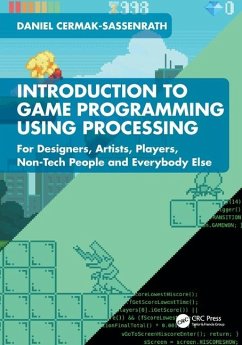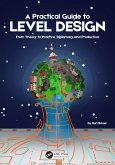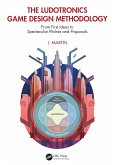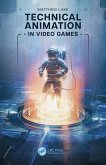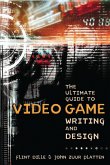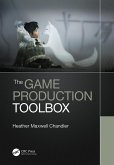This is an introductory textbook focusing on games (specifically interaction and graphics) as a pathway into programming. It empowers readers to do basic programming, prototyping, game creation, and other highly interactive applications, all from scratch and without any prior programming knowledge.
Using the popular programming language Processing, this book describes, explains, and demonstrates the basic and general programming principles and mechanisms used in typical game algorithms and concrete game projects. Chapters cover basic graphics, text output, loops, data types and variables, movement, time, audio and sound, debugging, classes and objects, event-based programming, real-time input controls, computer speed compensation, animation, tiling, scrolling, collision detection, basic AI, and much more. Additional support materials such as code examples and demo programs are available to download from the book's webpage: dace.de/gameswithprocessing
This book is a great resource for students and aspiring professionals looking for an approachable entry into game programming.
Using the popular programming language Processing, this book describes, explains, and demonstrates the basic and general programming principles and mechanisms used in typical game algorithms and concrete game projects. Chapters cover basic graphics, text output, loops, data types and variables, movement, time, audio and sound, debugging, classes and objects, event-based programming, real-time input controls, computer speed compensation, animation, tiling, scrolling, collision detection, basic AI, and much more. Additional support materials such as code examples and demo programs are available to download from the book's webpage: dace.de/gameswithprocessing
This book is a great resource for students and aspiring professionals looking for an approachable entry into game programming.
"Introduction to Game Programming using Processing is a wonderful introduction to programming through the exciting world of game design. It provides a clear and friendly approach to learning fundamental programming concepts, while encouraging readers to pursue their own creativity and passion for digital creation. This guide is essential for anyone who loves games and aspires to create their own through the art of coding!"
Daniel Shiffman, Associate Arts Professor, Interactive Telecommunications Program (ITP)/Interactive Media Arts (IMA), NYU.
Daniel Shiffman, Associate Arts Professor, Interactive Telecommunications Program (ITP)/Interactive Media Arts (IMA), NYU.

